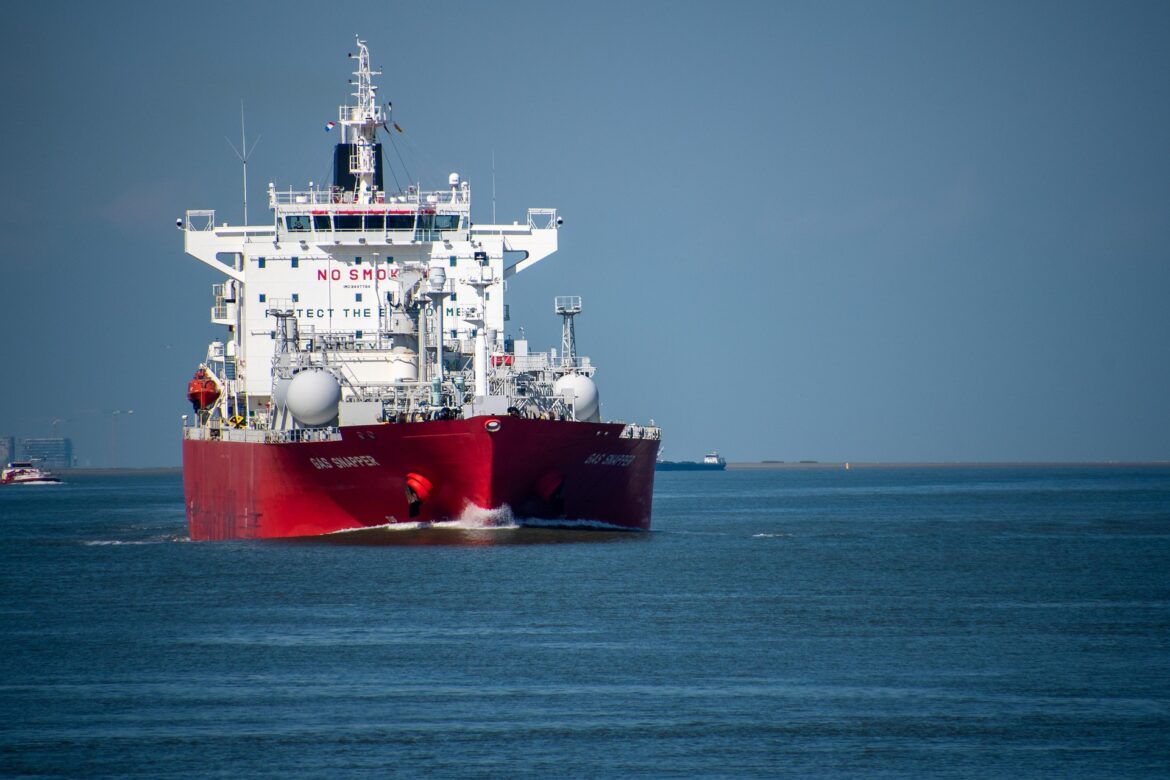Australia and Singapore have selected eight projects for funding as part of a A$20 million ($12.6 million) initiative to help reduce emissions in the maritime sector. The Australia-Singapore Initiative on Low Emissions Technologies (ASLET) supports the objectives of the Singapore and Australia Green and Digital Shipping Corridor (GDSC), which will help accelerate decarbonization and digitization of shipping routes between Singapore and Australia. It is jointly delivered by the CSIRO, Australia’s national science agency, and the Maritime and Port Authority of Singapore (MPA) on behalf of the governments of Australia and Singapore.
The ASLET grant opportunity was launched in July 2024 to support projects that will help accelerate the deployment and uptake of zero or near-zero GHG emission technologies for maritime and port operations.
Thirty-two applications were received from universities, research institutes and industry based in Australia and Singapore.
The eight projects selected for funding cover a range of activities, including innovations in the supply, transport, storage, dispensing and maritime utilization of hydrogen, ammonia and methanol, as well as safety and environmental monitoring, and electrification.
The projects are:
Ammonia safety training program for maritime and port operations, University of Tasmania: This project will design, develop and pilot a safety and training program on the use of ammonia as a fuel for maritime and port personnel.
Green methanol link – A supply chain study for the maritime industry, Hyfuel Solar Refinery: A pre-feasibility study that will inform the uptake of e-methanol in short-sea vessels by assessing technical, infrastructure, regulatory and commercial readiness.
Hydrogen fuel production from an integrated liquid organic hydrogen carrier system suitable for maritime and port applications, OneH2 Australia: This project will develop and demonstrate a modular hydrogen separation, purification and compression system based on liquid organic hydrocarbons.
Aus electric ferry project, Aus Ships: This project will develop and demonstrate the viability and benefits of a fully electric 50-100 passenger ferry.
A digital environmental and safety analysis tool to support uptake of Scalable Zero Emission Fuels (SZEFs) in the Australia-Singapore shipping corridor, RightShip: This project will develop a cloud-based digital analysis tool to support adoption and safe deployment of low emissions fuels in maritime and port operations.
Development of an AI-based integrated system for safe management of ammonia and hydrogen fuels in maritime sector, National University of Singapore/Singapore: The project involves developing an intelligent, distributed fiber optic system that will be deployed to monitor fuel pipelines for leaks, utilizing real-time sensing of temperature, strain, and acoustic signatures. AI algorithms will analyze the data to identify anomalies and predict potential failures. This will also be validated in a scaled-down testbed.
Development of safety system to detect harmful low emission fuel leaks, National University of Singapore/Singapore: This project focuses on creating a highly sensitive and fast-responding fuel leak detection system. It will be able to detect leaks at very low levels and quickly send alerts to ensure timely response.
Acceleration and adoption of hydrogen fuel cells for harbor craft, ABS/Singapore: This project focuses on promoting hydrogen as a clean fuel for maritime use. It explores ways to produce green hydrogen from seawater to power vessels with hydrogen fuel cells, supporting the shift towards low-emission technologies in the shipping industry.
The post Australia and Singapore Fund Green Fuel Projects appeared first on Marinelink.com



